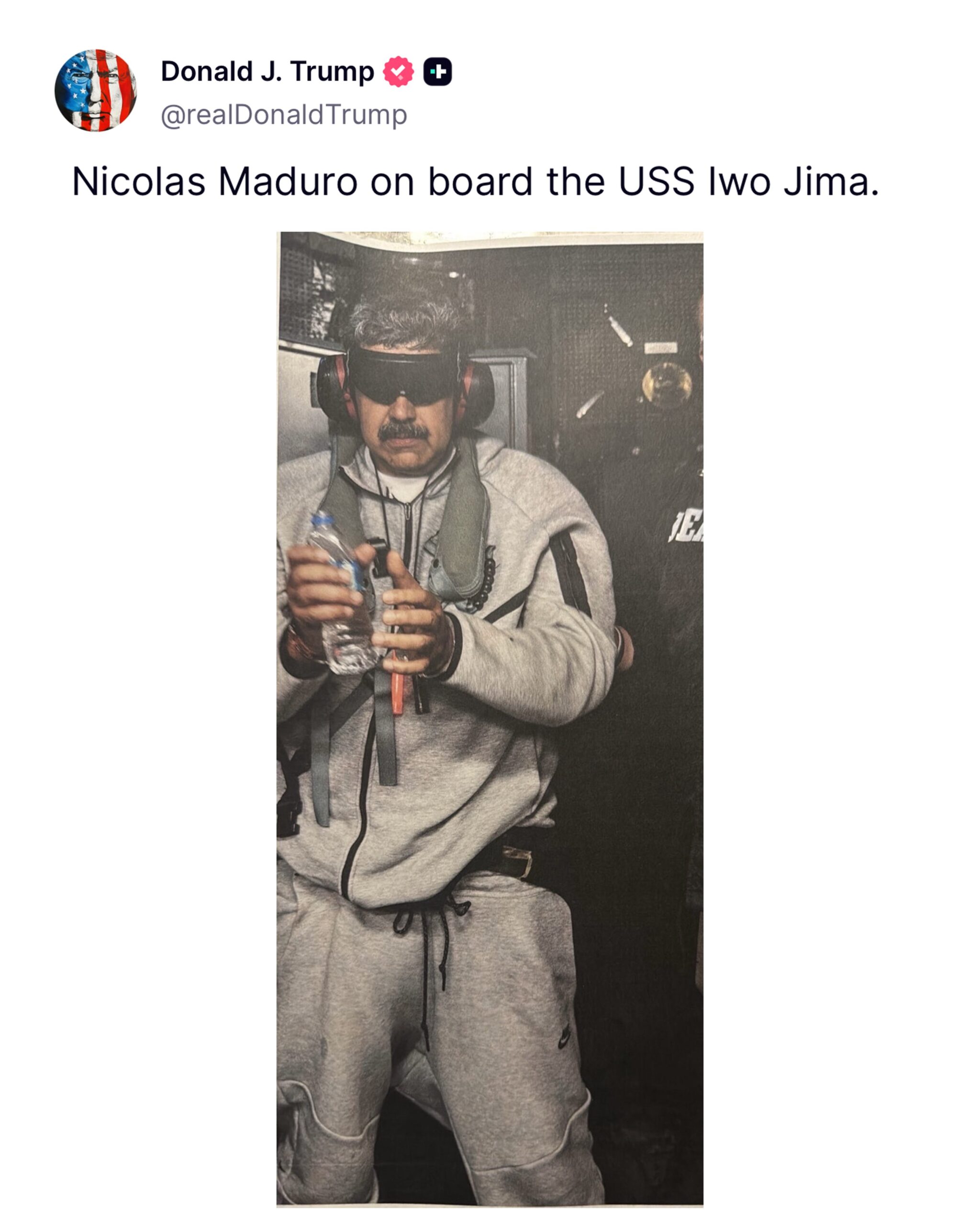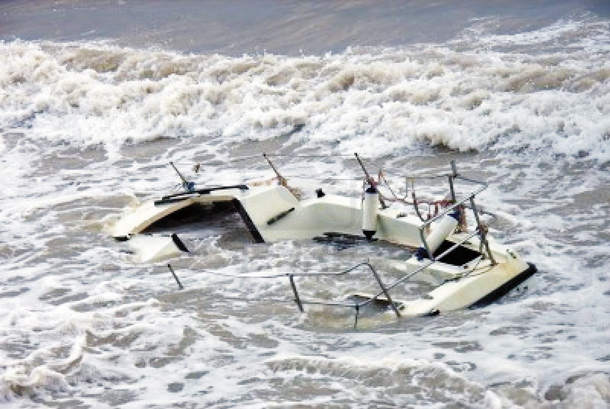Two Ecuadorian journalists and their driver were abducted early Monday morning and driven to Colombia. A reporter and a photojournalist, who are with the Ecuador daily El Comercio and are yet to be identified by the paper, were taken along with their driver by rebel insurgents in the town of Mataje, a town that borders with Colombia in the northern province of Esmerelda.
At an impassioned press conference held by Interior Minister for Ecuador César Navas, the minister said that the three disappeared shortly after having passed the military checkpoint in Ecuador and had been forewarned of the danger that the area posed. At this stage no group has claimed responsibility though the area is notorious for guerilla activity, particularly among dissidents that were former members of the Revolutionary Armed Forces of Colombia (FARC). Though the rebel group has disbanded following the historic peace accord of 2016, many continue to fight among the border regions of Colombia.
Natalie Soutwick, Central and South America Research Associate of the Committee to Protect Journalists, wrote on the group’s website that “We are concerned for the safety of the El Comercio journalists and their driver, and urge Ecuadorian and Colombian authorities to act swiftly to ensure their safe and immediate release. Armed actors based in Colombia should recognize the civilian status of journalists, regardless of which side of the border they are on.”
Last night, a candlelight vigil was held in solidarity with the journalists where many demanded “We want them back alive!” outside the Plaza de la Independencia in Quito. Although there are many constitutional protections for journalists in Ecuador, their right to freedom of expression had been under attack by the government of former President Rafael Correa. Ranked 105 in the world by Reporters Without Borders on its Freedom of Press Index, the Correa presidency enacted onerous restrictions on press freedoms in Ecuador, including the passing of the 2013 Communications Law that fettered content that was likely to harm reputations and created institutions that oversaw the publication of content as well as the distribution of public broadcasting licences.
In addition to the hostile relationship that the government has had with the press, journalists in the region have also been caught up in the continuing guerilla activity in Colombia. Just last year, two Dutch journalists were similarly abducted, though on this occasion it was on the border with Venezuela. The two journalists were since released unharmed and it is the hope of many in the journalistic community that the same conclusion plays out in this story.





